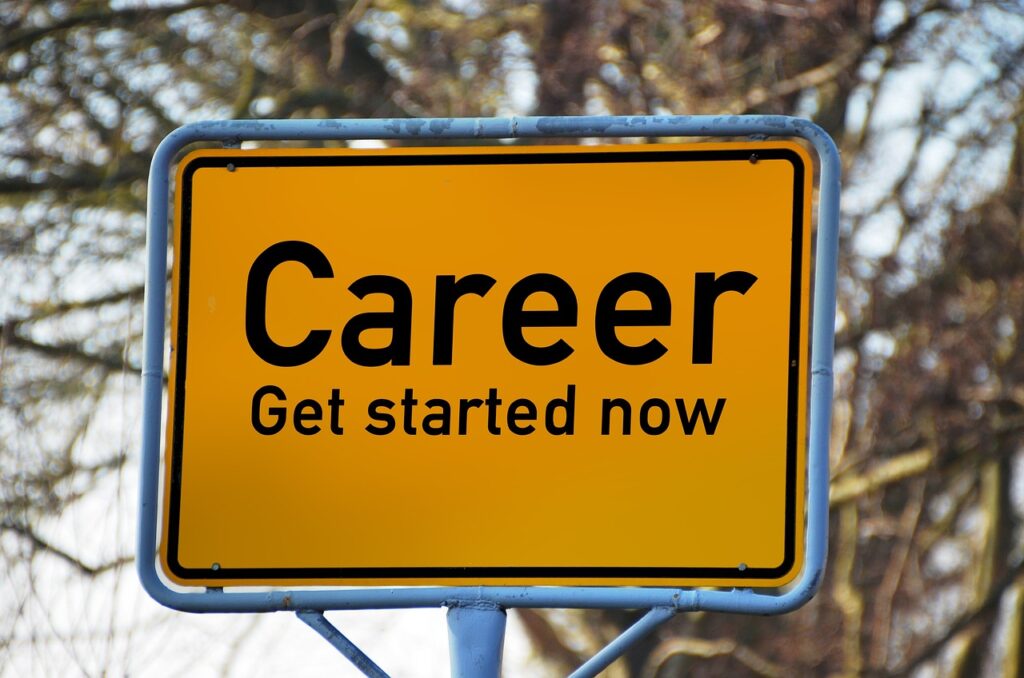Embarking on a career transition can be both exhilarating and daunting. Whether you’re seeking new challenges, exploring a different industry, or pursuing your passion, having a strategic plan in place is paramount for a smooth and successful transition. In this guide, we’ll delve into the essential steps of creating a strategic career transition plan, covering self-assessment, skill development, and networking strategies to empower you on your journey to a fulfilling career change.
Self-Assessment: Know Thyself
Before diving headfirst into a career transition, examine your thoughts and understand your motivations, drives, strengths, and areas for development. Here’s how:
a. Reflect on Your Passion and Purpose: What drives you? What do you enjoy doing without getting bored? Stuff that fulfills you. Figure Out your passions and align them with potential career paths that can provide clarity and direction.
b. Assess Your Skills and Expertise: Take stock of your existing skills and expertise. What are your core competencies? What transferable skills can you leverage in your new career? Finding the loophole in your skillset will help your development plan.
c. Evaluate Your Values and Goals: Consider your long-term career aspirations and personal values. What type of work environment resonates with you? What are your non-negotiables in a career? Aligning your goals with your values ensures greater job satisfaction and fulfillment.
Skill Development: Bridge the Gap
Armed with self-awareness, it’s time to bridge the gap between your current skill sets and the requirements of your desired career. Here’s how to upskill effectively:
a. Identify Key Competencies: Learn more about your target industry and understand the essential skills and competencies required for the role you are interested in. Look for common patterns in job descriptions and industry trends.
b. Invest in Learning Opportunities: Explore various avenues for skill development, including online courses, workshops, certifications, and formal education programs. Leverage resources such as Coursera, LinkedIn Learning, and industry-specific associations.
c. Seek Hands-on Experience: Don’t underestimate the value of hands-on experience. Make yourself available for Volunteer work, internships, freelance projects, because side gigs will give you valuable real-world exposure and help you build a solid portfolio.
d. Create a Personal Development Plan: Set SMART (Specific, Measurable, Achievable, Relevant, Time-bound) goals for skill acquisition and track your progress diligently. Regularly reassess and adjust your plan as needed to stay on course.
Networking Strategies: Expand Your Circle
Networking is a powerful tool for career advancement, especially during a transition. Here’s how to build and leverage your professional network effectively:
a. Cultivate Meaningful Connections: Attend industry events, workshops, conferences, and networking meetups to connect with professionals in your target field. Be genuine, curious, and proactive in building relationships.
b. Utilize Online Platforms: Leverage professional networking platforms like LinkedIn to expand your reach and connect with like-minded professionals. Join relevant groups and participate in discussions that will put you out there.
c. Seek Mentorship and Guidance: Identify mentors and advisors who can offer valuable insights and guidance based on their experiences. Reach out to them respectfully, clearly articulating your goals and seeking their mentorship.
d. Give Before You Receive: You need to understand that networking is a two-way street. Give support, insights, and resources to your connection whenever possible because this will foster reciprocal relationships built on trust and mutual benefit.
Conclusion:
Navigating a career transition can be a transformative journey filled with opportunities for growth and self-discovery. By crafting a strategic career transition plan encompassing self-assessment, skill development, and networking strategies, you’ll be equipped to navigate the challenges and seize the opportunities that lie ahead. Remember, success in your career transition is not just about reaching your destination but also about embracing the journey and continually evolving along the way. So, dare to dream, plan diligently, and embark on your path to a fulfilling and rewarding career transition.

